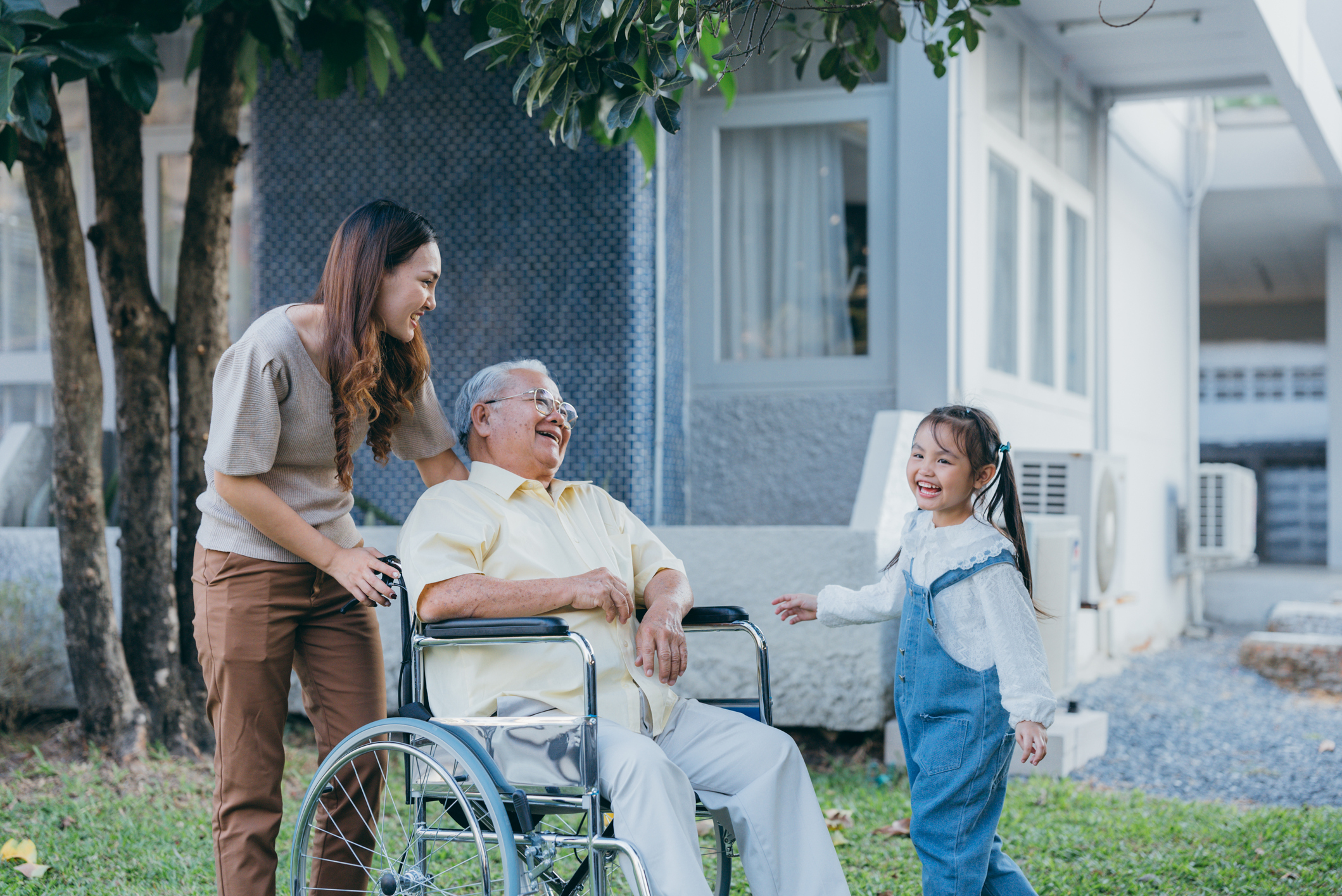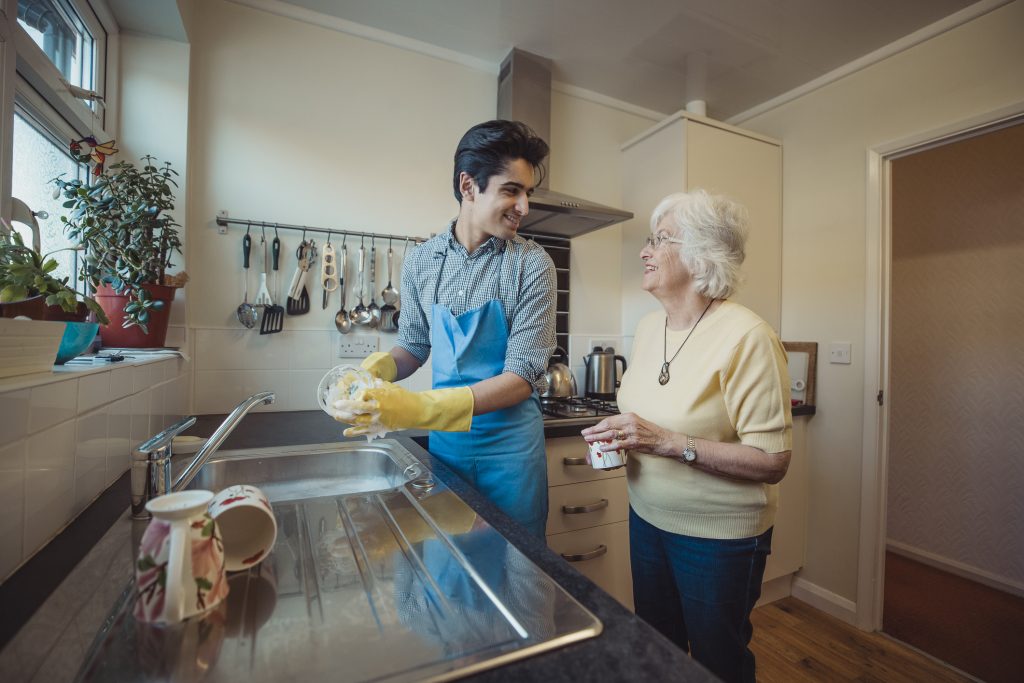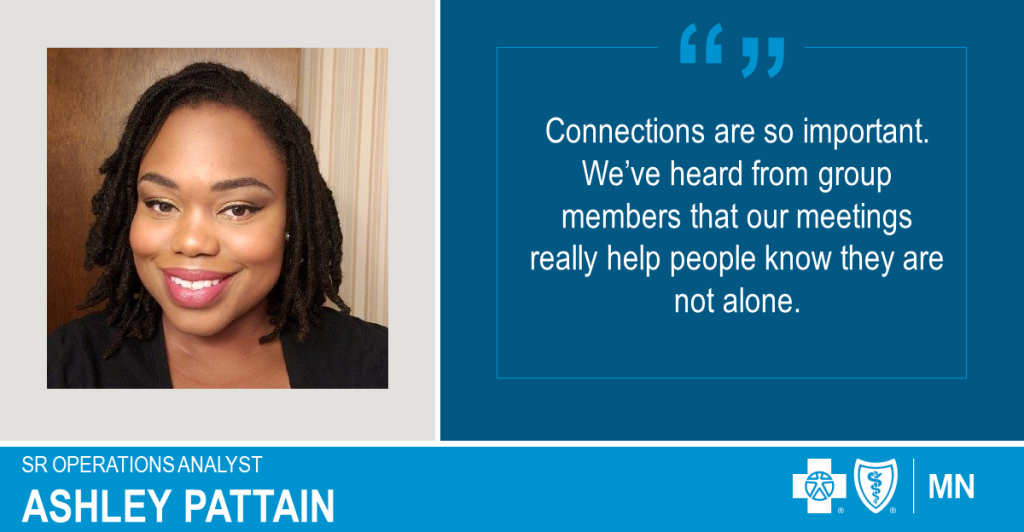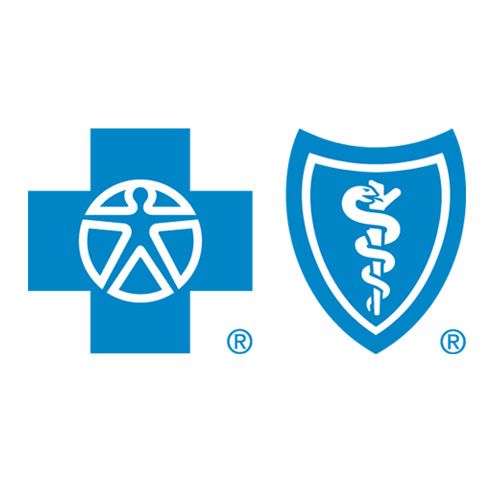Taking care of the family caregivers
February 15, 2024According to the AARP, about 38 million family caregivers in the United States provided an estimated 36 billion hours of at-home care to an adult with limitations in daily activities in 2021. While many gradually increase their support over time with aging relatives, other caregivers are cast into the role immediately due to an accident or sudden illness in the family. In honor of National Caregiver's Day on February 16, we created this list of resources for the many family caregivers who give their time to assist loved ones.

Resources specifically for caregivers
Even as a direct family member, you will need written permission from your loved one to access or make changes to their health plan. When taking over caregiving responsibilities, make sure to add the Authorization of Disclosure of Health Information form to your list.
Caregiver Corner
Our Caregiver Corner website contains dozens of articles on caregiving, spanning from how to effectively convey concerns to healthcare providers to how to prioritize both the health of the caregiver and the person receiving care.
Some quick links:
- Caregiving basics
- Care for the caregiver
- How to make long-distance caregiving work
- Getting started: Taking care of the finances
Ceresti Health Caregiver Empowerment Program
Ceresti Health helps caregivers better navigate an unfamiliar and stressful path by providing education, coaching and support for caregivers through their mobile app. Blue Cross provides this benefit specifically for caregivers of eligible members with cognitive impairment, Parkinson’s, or who have a history of stroke at no charge. Learn more about Ceresti here.
Member benefits that make caregivers' lives easier
There are a number of Blue Cross and Blue Plus Medicare plan benefits that do more than help our members. These benefits may also lighten the load for our member’s caregivers.
Care coordinators
Eligible Medicare members have access to care coordinators who are licensed nurses, social workers or qualified healthcare providers. Care coordinators can help caregivers and members understand their benefits, manage the member’s care before and after a hospitalization, access home healthcare services and resources, and more. Learn more about this program here.

Lutheran Social Services Senior Companion Services
Caregivers may also be able to receive additional support for their loved one through the Lutheran Social Services Friendly Helper program. The program allows eligible members to receive in-person and virtual support to increase community connections and help with everyday tasks like light household chores, grocery shopping and more.
Additionally, Lutheran Social Services also offers an Emergency Planning program that helps give caregivers peace of mind by creating an in-depth care plan to be activated if the caregiver can no longer care for their loved one, for either the short-term or long-term. To be eligible, the member must have a qualifying condition.
Both the Friendly Helper and Emergency Planning programs require referral from the loved one’s care coordinator.
Learn more about these benefits
Learn more about the Lutheran Social Services Senior Companion Services
How Blue Cross supports caregiving associates
Blue Cross and Blue Shield of Minnesota (Blue Cross) knows that anyone can be a caregiver, including many of our own associates. Our Caregivers Network associate resource group (ARG) brings associates together to advocate, support, educate and provide resources to caregivers at every stage in their journey.
Caregivers Network has been part of the Women’s Network ARG for many years and became an independent ARG in 2023. They currently have more than 200 members.
“For me, our mission emphasizes our inclusivity of all caregivers and its importance to our group,” said Brittany Charley, a Caregivers Network co-chair. “Our goal is to support as many caregivers at Blue Cross as we can.”
Fellow co-chair Ashley Pattain says the best way to support caregivers is to offer help and resources to the caregivers you know.
“Offering to assist goes a long way,” Pattain said. “Connections are so important. We’ve heard from group members that our meetings really help people know that they are not alone. The responsibility can be mentally and emotionally draining. It’s OK to reach out and use the services and benefits available to us as the caregivers.”
Charley and Pattain have many things planned for the coming year to continue to support caregivers, including partnering with community organizations and other Blue Cross ARGs.




Thank you for posting this. I am helping to care for my brother who has ALS. I am interested in learning more about the Caregivers Network. Can you provide more information about this group, or a link? Thanks.
Hi Sharon, I just sent you an email with more information. Thank you!
How do I join the Caregivers resource group? In the near future I will be becoming a caregiver for my grandmother who will have to move in with my family eventually.
Hi Victoria, I just sent you an email with more information. Thank you!
Does blue cross and blue shield cover light household duties for the elderly
Hi Linda. The Lutheran Social Services Senior Companion Service program assists with light household duties. Find more information here: https://www.lssmn.org/services/older-adults/companion-services/senior-companion.